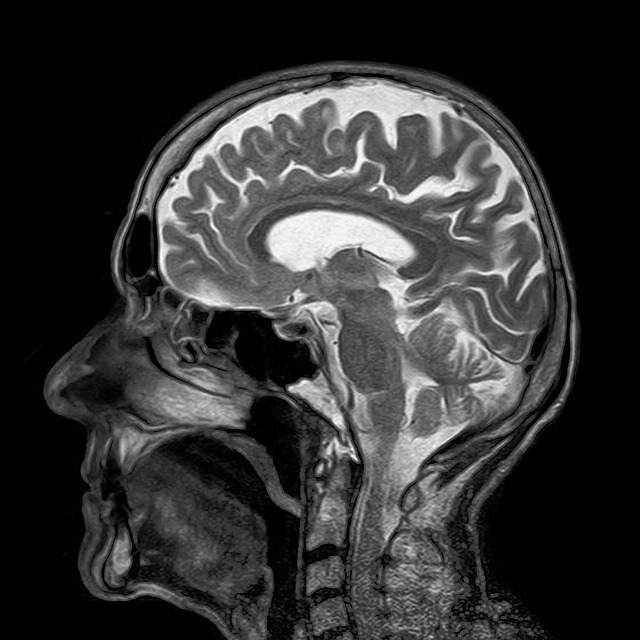October 2006 - Looking for a cancer cure? Try the spice rack. In the last few years, that tactic has proved productive for researchers investigating turmeric, a curry spice used for centuries in Indian traditional medicine.
They've found that turmeric's active ingredient, curcumin, works in the lab to fight skin, breast and other tumor cells. In fact, human clinical trials employing curcumin have already been launched.
Now, working with cell cultures in a laboratory, scientists at the University of Texas Medical Branch at Galveston (UTMB) have discovered that curcumin blocks the activity of a gastrointestinal hormone implicated in the development of colorectal cancer, the country's second leading cancer killer with nearly 60,000 deaths annually.
In a paper published in the current issue of Clinical Cancer Research, the UTMB researchers link the gastrointestinal hormone neurotensin, which is generated in response to fat consumption, to the production of IL-8, a potent inflammatory protein that accelerates the growth and spread of a variety of human cancer cells, including colorectal and pancreatic tumor cells.
"We found that in colon cancer cells, neurotensin increases not just the rate of growth but also other critical things, including cell migration and metastasis," said UTMB surgery professor B. Mark Evers, senior author of the article and director of UTMB's Sealy Center for Cancer Cell Biology. "The fact that all that can be turned off by this natural product, curcumin, was really remarkable."
Continue Reading Below ↓↓↓
Evers' group, including lead author and UTMB research associate Xiaofu Wang, probed curcumin's effect on the process by which neurotensin stimulates colon cancer cells to generate IL-8 in detail.
Neurotensin's influence, they found, depends on biochemical signaling pathways inside the cell. Their experiments showed that curcumin damped down those signals, reducing the production of IL-8. Experiments also showed that neurotensin increased the migration of colorectal cancer cells, and that curcumin could suppress this migration -- possibly reducing the ability of colorectal cancer to spread to other locations in the body.
"Our findings suggest that curcumin may be useful for colon cancer treatment, as well as potential colon cancer suppression, in cells that respond to this gastrointestinal hormone, neurotensin," Evers said. "About a third of all colorectal cancer cells have the receptor for neurotensin. Thus, the concept would be sort of like what we do for breast and prostate cancer, where the main therapy involves blocking hormones. We hope to do similar things with gastrointestinal cancers that respond to this hormone."
Source: University of Texas Medical Branch at Galveston










